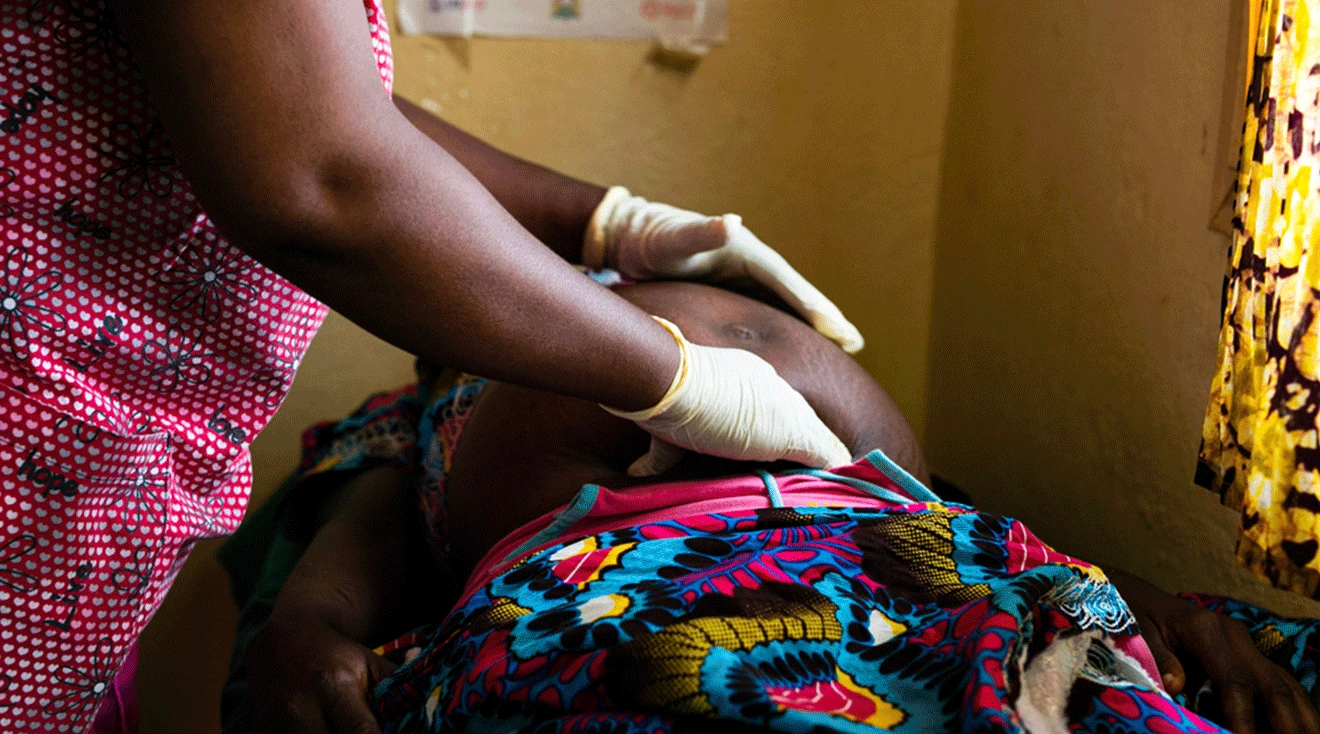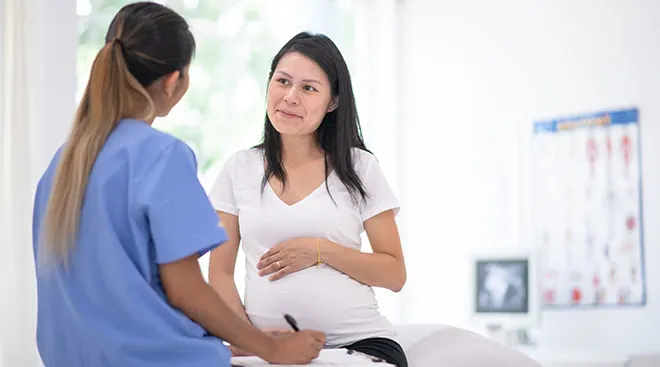Aid Cuts Could Lead to More Preventable Pregnancy Deaths, WHO Warns
Becoming a parent should never be a matter of life or death. Yet maternal mortality remains a pressing issue in the US, where the maternal death rate was 22.3 deaths per 100,000 live births in 2021, with Black women more than twice as likely to die from pregnancy-related causes as white women. Now, the World Health Organization warns that aid cuts from countries like the US may fuel similar—or even worse—outcomes abroad, especially in conflict-affected and low-resource regions.
In a recent statement, the WHO and other United Nations agencies say that sudden cuts to global health funding have forced countries to roll back maternal care services, shut down clinics, and limit access to life-saving supplies like treatments for hemorrhage, pre-eclampsia and malaria.
“Global funding cuts to health services are putting more pregnant women at risk, especially in the most fragile settings, by limiting their access to essential care during pregnancy and the support they need when giving birth,” said UNICEF Executive Director Catherine Russell.
Global maternal deaths have decreased by about 40% since 2000, but progress has slowed in recent years. An estimated 260,000 women died from pregnancy- or childbirth-related causes in 2023 alone—roughly one every two minutes. Many of these deaths occurred in areas affected by conflict or poverty, where health systems are already under strain. Without urgent investment, the report warns, maternal deaths will likely rise.
“While this report shows glimmers of hope, the data also highlights how dangerous pregnancy still is in much of the world today despite the fact that solutions exist,” said WHO Director-General Dr. Tedros Adhanom Ghebreyesus. In the most affected regions, the lifetime risk of dying from maternal causes remains stark. In Chad and the Central African Republic, for example, that risk can be as high as 1 in 24.
UN officials say meeting the 2030 global goal to reduce maternal deaths will require a significant boost in funding and support. Current declines are just 1.5% per year—well below the 15% annual drop needed to stay on track.
“Access to quality maternal health services is a right, not a privilege, and we all share the urgent responsibility to build well-resourced health systems that safeguard the life of every pregnant woman and newborn,” said Dr. Natalia Kanem, Executive Director of the United Nations Population Fund (UNFPA). “By boosting supply chains, the midwifery workforce, and the disaggregated data needed to pinpoint those most at risk, we can and must end the tragedy of preventable maternal deaths and their enormous toll they take on families and societies."
Navigate forward to interact with the calendar and select a date. Press the question mark key to get the keyboard shortcuts for changing dates.





















































